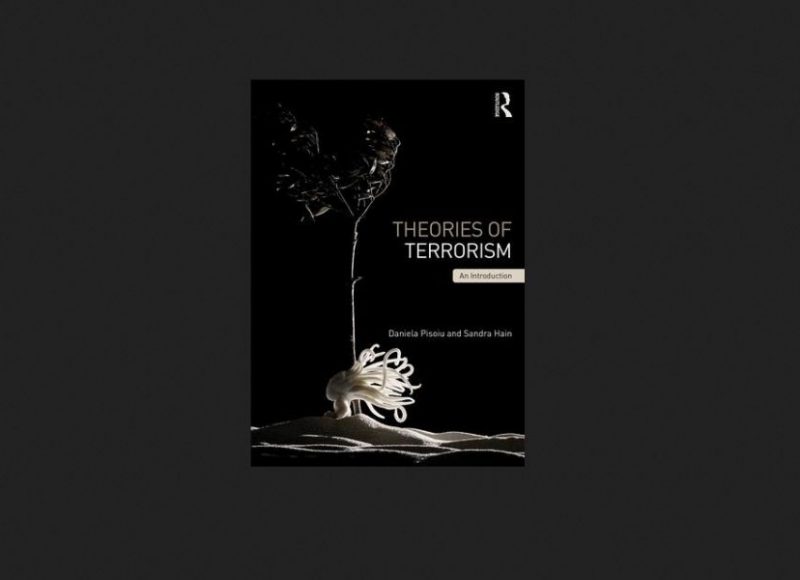
Theories of Terrorism: An Introduction
Theories of Terrorism: An Introduction
This new textbook provides students with a multidisciplinary theoretical and methodological introduction to terrorism studies.
The book identifies the main theories proposed in the field of terrorism studies as they relate to several issues:
– why and how individuals and organizations get involved in terrorism;
– the definition and concept of terrorism;
– state terrorism;
– leaving terrorism behind;
– counter-terrorism;
– manifestations of terrorism in time and space.
Terrorism studies is a highly heterogeneous field with a broad range of theories and disciplines, marked by ample debates. Beyond indivudual contributions and unique perspectives, however, it is difficult for students and interested readers to have a broader and structured grasp of the theoretical landscape within and behind the study of terrorism. This textbook offers a valuable new teaching tool which aims to provide students with the conceptual, theoretical, and methodological toolbox necessary to understand and research terrorism.
This book will be essential reading for students of terrorism studies, political violence, and counter-terrorism, and is highly recommended for students of security studies, criminology, politics, and international relations.
'Pisoiu and Hain provide a comprehensive and valuable critical and comparative examination of the major theoretical approaches, their implications, convergences and insights for building a better understanding of terrorism, terrorists and organizations that employ terrorism. Students, scholars and policy analysts will all benefit from their careful analysis.' —
Michael Stohl, University of California, Santa Barbara, USA
'One of the main criticisms of the Terrorism Studies field is that it lacks theoretical systematisation. Theories of Terrorism synthesises a vast amount of relevant social theory in an impressive attempt to overcome this weakness. Unique in the way it draws together orthodox and critical research on terrorism, and meticulous in its consideration of the wider literature, it provides multiple theoretical vantage points for understanding the highly variegated and complex phenomenon of terrorism. With the publication of this book, we can no longer say that Terrorism Studies lacks theory. A truly impressive accomplishment.' —
Richard Jackson, University of Otago, New Zealand
`Rigorous, comprehensive, serious and nuanced, Theories of Terrorism is destined to be an essential resource for all students and researchers of terrorism. The authors have produced an absolutely terrific book.' —
John Horgan, Georgia State University, USA
